
Estate Planning Tips for New Parents in New York
New Parents? Estate Planning Tips to Consider Becoming a parent is a significant milestone that brings joy and responsibility. One crucial aspect that new parents


Home » Probate Attorney near me » Page 7

New Parents? Estate Planning Tips to Consider Becoming a parent is a significant milestone that brings joy and responsibility. One crucial aspect that new parents
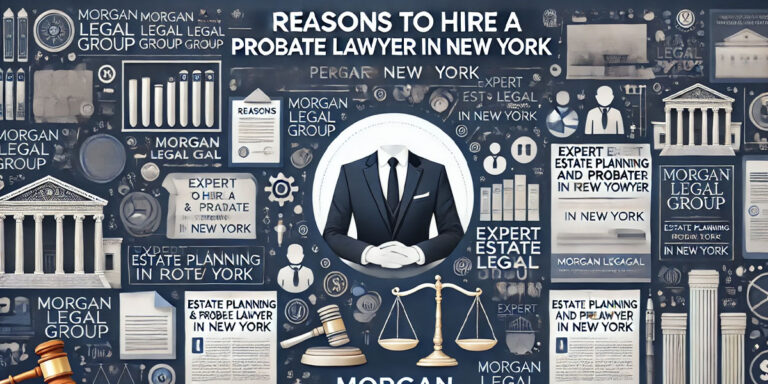
Reasons to Hire a Probate Lawyer in New York Probate is the legal process of validating a will and administering an estate after someone’s death.

5 Ways to Hiring a Probate Lawyer in New York Probate is an intricate legal process involving the validation of wills, settlement of debts, and
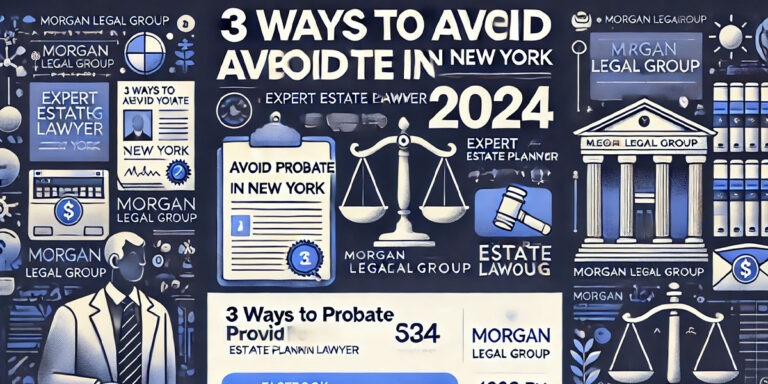
3 Ways to Avoid Probate in New York 2024 Probate is a legal process that oversees the distribution of a deceased person’s assets. While it
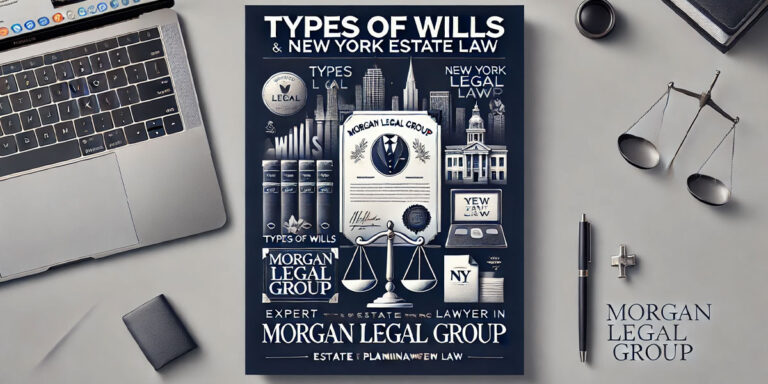
Types of Wills and New York Estate Law Estate planning is a critical aspect of ensuring your assets are distributed according to your wishes. At
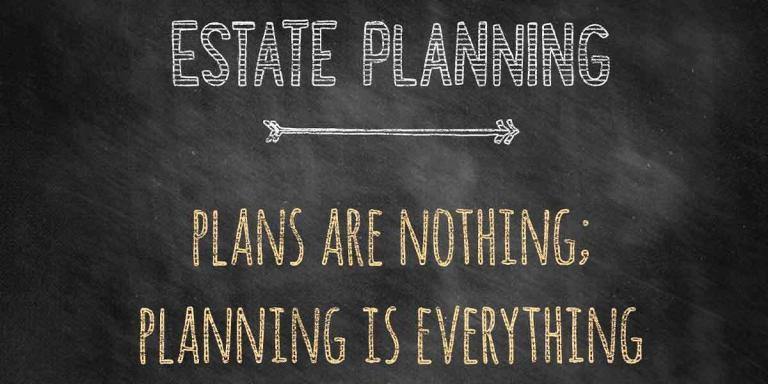
The Top 10 Myths About Estate Planning in New York Estate planning is an essential process that ensures your assets are managed and distributed according

Time for You to Update Your Living Trust: 2024-2025 A living trust is one of the most versatile and powerful tools in estate planning. It

Debunking Misinformed Myths About Estate Planning in New York Estate planning is an essential process that ensures your assets, healthcare decisions, and personal wishes are

Avoiding Estate Planning Mistakes Estate planning is an essential process that ensures your assets are distributed according to your wishes, minimizes legal complications for your
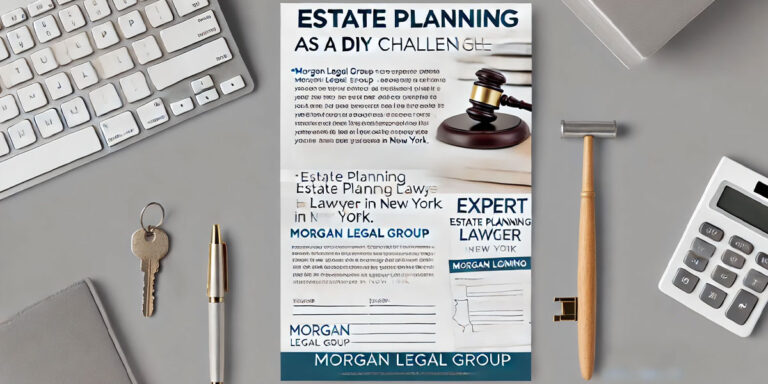
Estate Planning as a DIY Challenge in New York Estate planning is often perceived as daunting, but the rise of online resources and templates has

Estate Planning for Singles: Why It Matters in New York Living a bachelor’s life in New York offers unmatched freedom and independence. However, that independence

Understanding Estate Planning for Peace of Mind in New York Planning for the future may not always be the first thing on your mind, but

Understanding Presidential Powers Over the Federal Reserve With growing discussions around the President’s influence over the Federal Reserve, the question of whether a sitting president
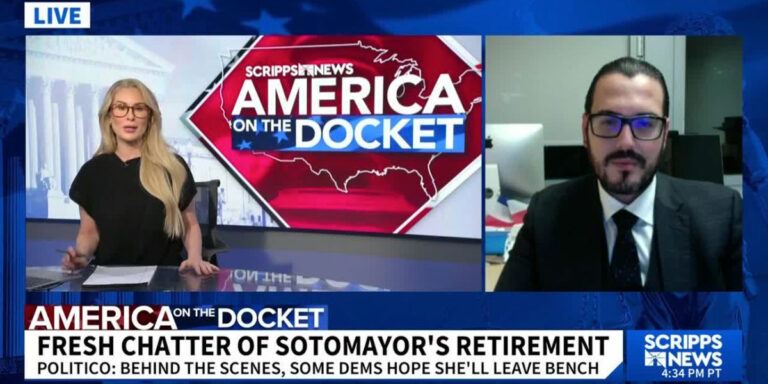
Insights from Russell Morgan on the Supreme Court’s Future Amid Political Pressures Joining us today is Russell Morgan, founder and partner of Morgan Legal Group,

Who is a Probate Lawyer in New York, and Why Do You Need One? When a loved one passes away, their estate must be managed
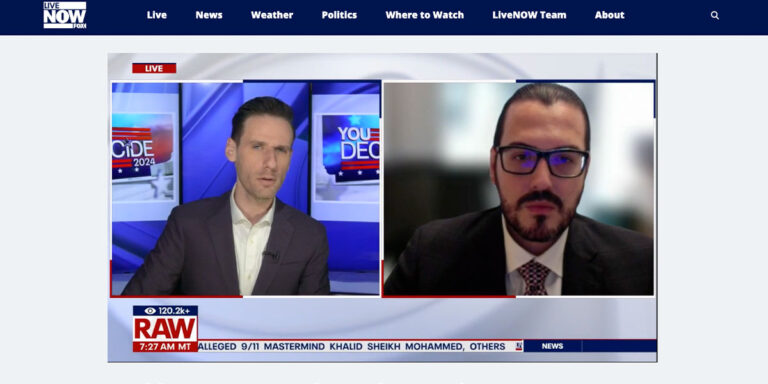
Russell Morgan Shares Insights on Key Legal Issues Following Recent Elections Several significant races remain undecided in light of the recent elections, leaving the nation

Understanding Probate in New York Probate is a legal process that manages the distribution of a person’s estate after their passing. In New York, the

Cancel Culture: Legal Insight on Rosanna Pansino’s FBI Report Against MrBeast In the rapidly evolving social media landscape, allegations and accusations can surface quickly, often

Cancel Culture: Understanding the FTC’s “Click to Cancel” Rule and What’s at Stake On October 16, the Federal Trade Commission (FTC) introduced a significant new
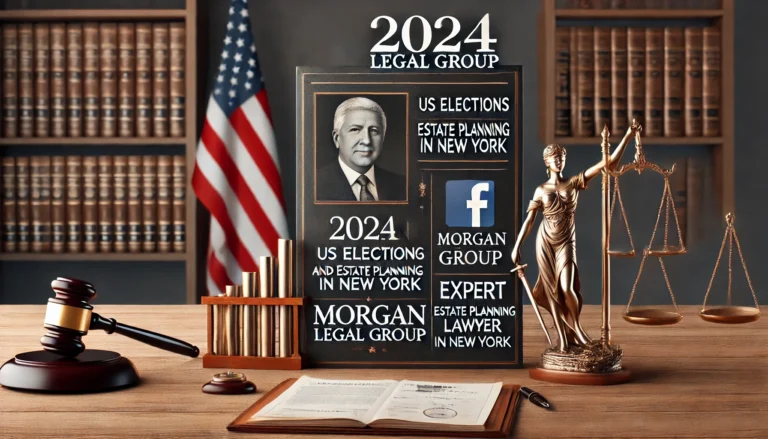
2024 US Elections: Impact on Estate Planning in New York As the 2024 US elections approach, significant policy shifts that may directly affect estate planning

Understanding Elder Law in New York 2024 As individuals age, their legal needs evolve, requiring specialized expertise in areas affecting their health, assets, and legacy.

Estate Planning Mistakes and Misconceptions in New York Estate planning is essential for protecting your assets, family, and legacy. However, many individuals in New York

Understanding Trusts and Wills in New York: Essential Tools for Estate Planning Planning for the future requires careful attention to detail, especially when it involves

Discover expert guidance for Wills and Trusts in New York. Morgan Legal Group provides personalized estate planning for peace of mind.
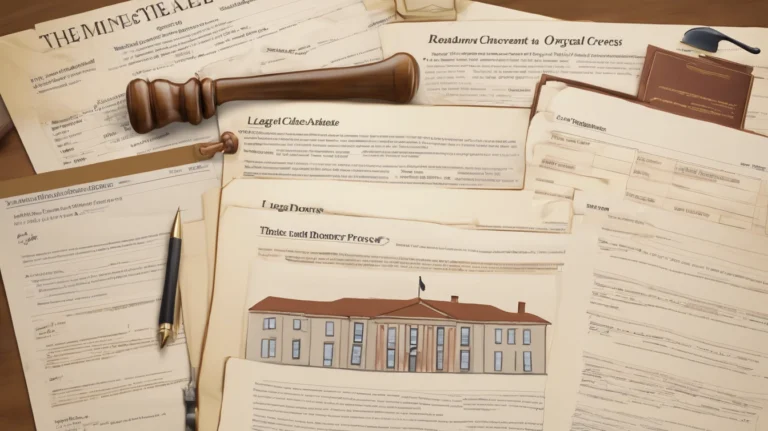
The Basic Steps of the Probate Process in New York While manageable, the probate process in New York is often complex and requires careful navigation,

Why You Need an Estate Plan Post-2013 Tax Act in New York 2024 The 2013 Tax Act significantly altered estate planning, particularly for residents in
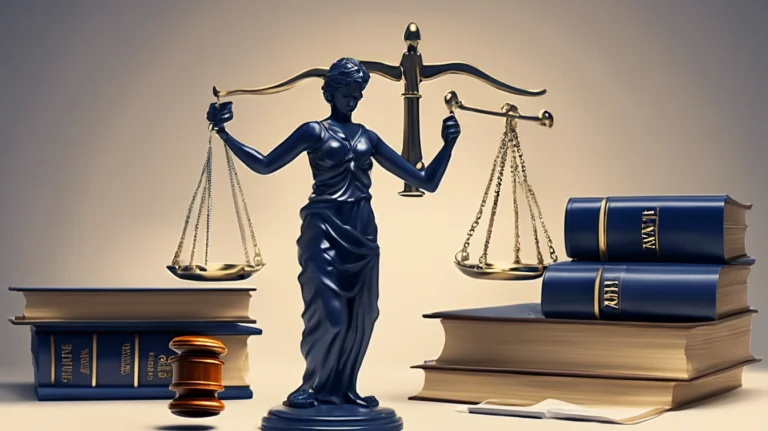
Understanding Different Types of Wills in New York Wills are critical estate planning documents that allow individuals to express how they want their assets distributed

How to Keep Creditors Away in the Probate Procedure in New York The probate process in New York can be both complex and stressful, particularly
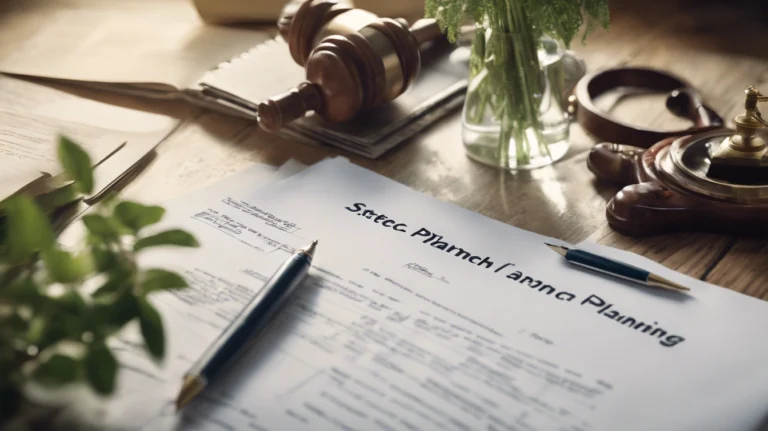
The Stretch IRA: A Simple Yet Powerful Estate Planning Tool Estate planning is a critical process that allows individuals to protect their assets and ensure

Estate Planning to Ease Your Mind Over the Holidays in New York The holiday season is a time for family, reflection, and making memories with
Ⓒ 2025 - All Rights Are Reserved | Privacy Policy | Estate Planning Attorney NYC | Sitemap